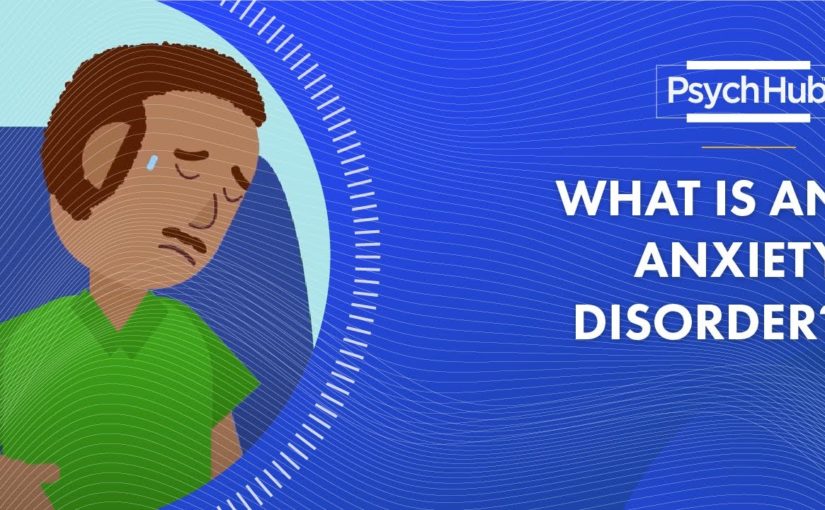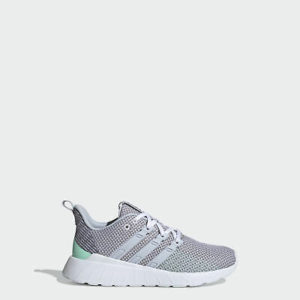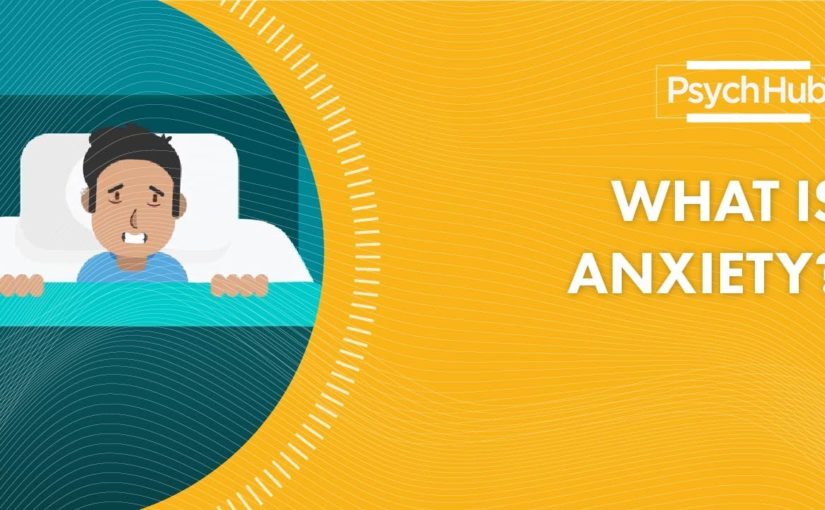What is an Anxiety Disorder?
(electronic chimes) I can’t believe what my boss just said to me. She must think I’m doing a terrible job. I have to quit. All my friends are so happy when they go out. I don’t get it. I can’t even imagine what they’re thinking of me. If I don’t get this internship I’ll never get a job. I don’t know what else I can do. I’m stuck. I hate airports. Driving there, construction, traffic, parking, and then security. Everything about it just overwhelms me. (electronic chimes) Anxiety disorders are the most common mental health problems. While everyone experiences stress and anxiety at some point in life, some people become so overwhelmed they can’t manage their day-to-day or minute-to-minute lives. I know. One of these voices is mine. There are several types of anxiety that can affect people in different ways. You might have heard of specific phobia, social phobia, panic disorder, generalized anxiety disorder, or others. Some of these seem like they might be manageable, like a fear of heights. It’s not always convenient to avoid tall buildings, but you could do it.
Others, like panic disorder or social phobia, might be harder to manage, because they cause problems in unpredictable times, like when you’re in public. Each anxiety disorder is different, but basically, they all have one thing in common. They cause excessive worry that affects thoughts, feelings, and physical symptoms. And that causes problems in a person’s life for at least six months. For me, I struggled with generalized anxiety disorder. I was worried about everything. Things I couldn’t control, like getting stuck in traffic and being late for an appointment, made me really angry. I worried about what other people thought of me. Looking at my schedule each morning was the worst part of my day. It felt impossible to do everything I put on my list. This really caused problems in my relationships. I yelled at people. I know I seemed demanding and rigid. At night I was exhausted and sad, and I’d cry because I was so upset. Most people with anxiety disorders also experience physical symptoms like shortness of breath, racing heart, sweating. Some people even get headaches or high blood pressure. Stress and anxiety are very real physical problems, and eventually, people avoid doing anything stressful so they don’t have these symptoms.
The good news is that anxiety disorders are treatable. Cognitive-behavioral therapy, or CBT, exposure therapy, and acceptance and commitment therapy, or ACT, are evidence-based treatments that can treat any type of anxiety disorder. Relaxation techniques, controlled breathing, and meditation have also been shown to be effective in reducing the physical symptoms of anxiety. There are lots of medications that are also helpful, including medications for depression and anxiety known as SSRIs and SNRIs. Social support, stress management, and self-care techniques are also common parts of any treatment plan for an anxiety disorder.
I was worried about so many things for so long. But I got help. I worked with a great counselor and took an SSRI. I even started yoga. Now, when I begin to feel stressed, I can look at the situation more carefully, slow down my breathing, and take care of any tasks that are reasonable. Treatment can really help people overcome their symptoms of anxiety. I know. I did. (electronic chimes).




























